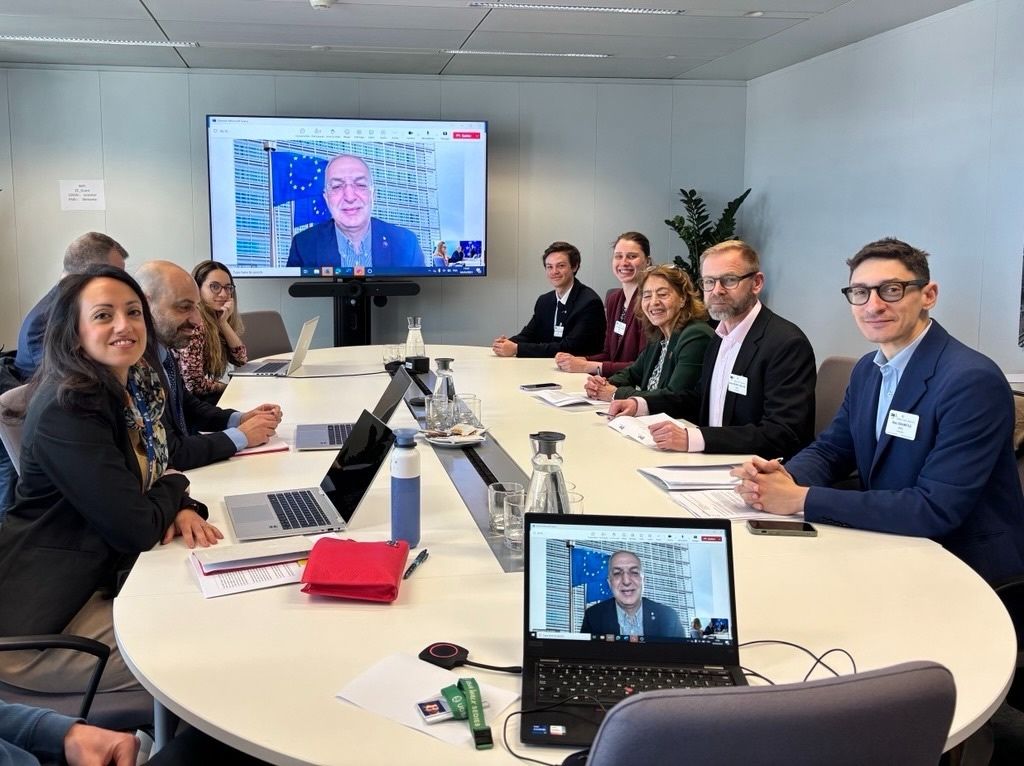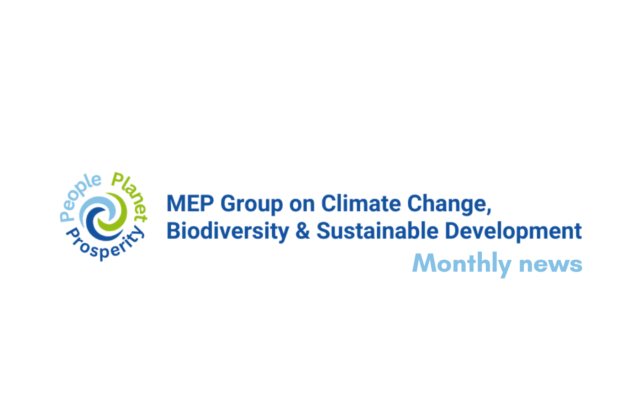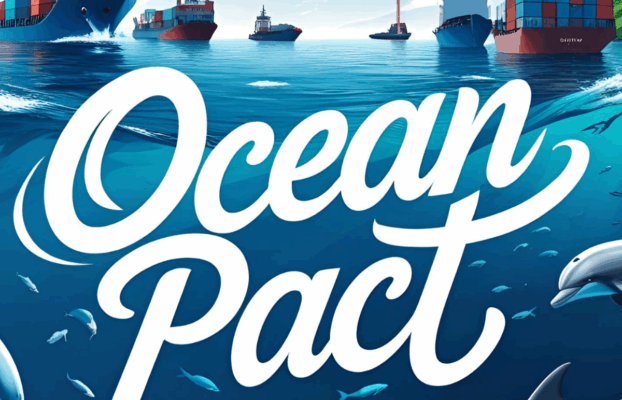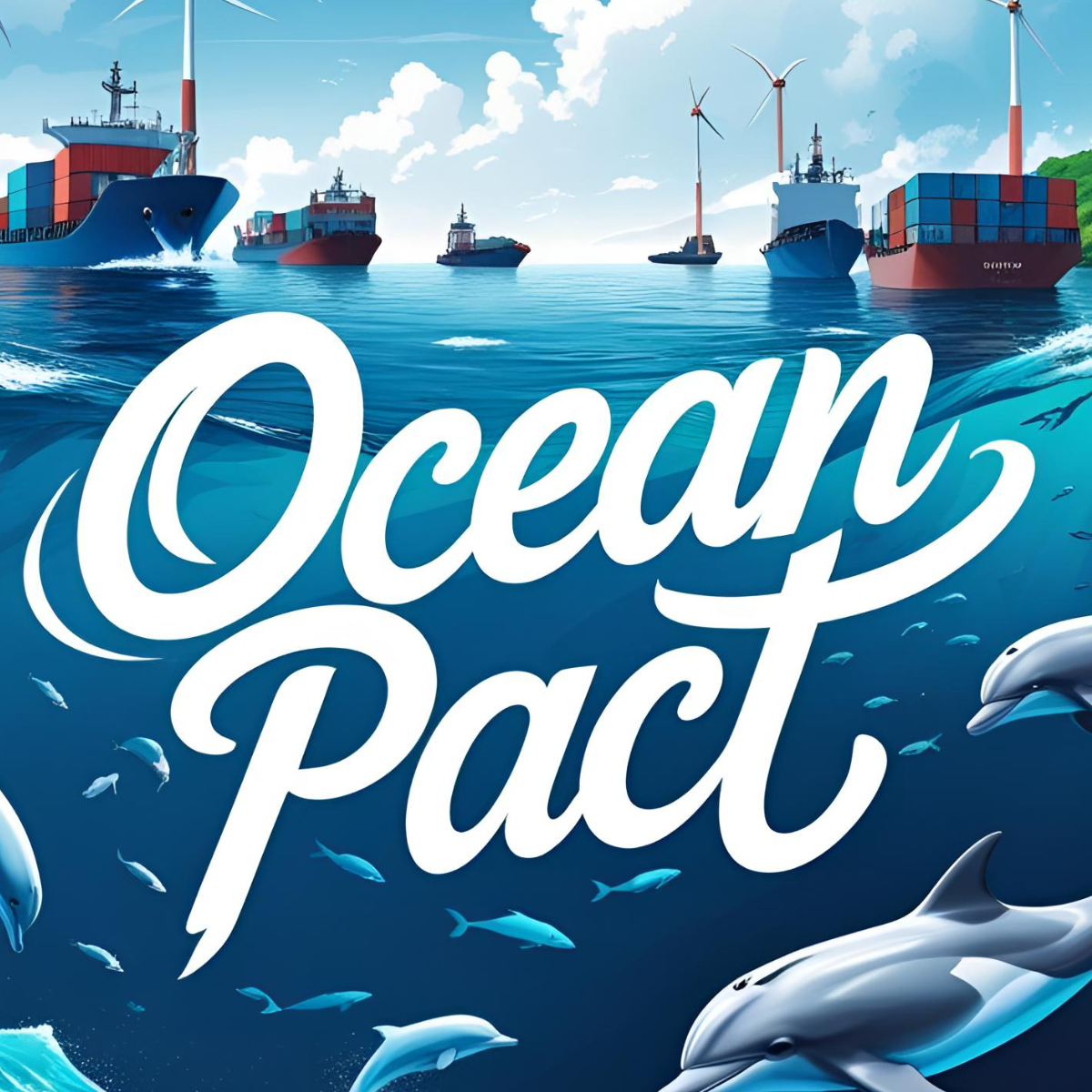On 4 April 2025, representatives from the European Bureau for Conservation and Development (EBCD) and the IUCN Fisheries Expert Group (FEG) Chair Mark Dickey-Collas met with Costas Kadis, Commissioner for Fisheries and Oceans, his Head of Cabinet Ioannis Hadjiyiannis, and members of his team for a constructive exchange on the future of ocean governance in Europe and globally.
During the meeting, EBCD and IUCN-FEG introduced their respective work and joint initiatives, highlighting ongoing contributions to the Ocean Pact, projects on Nature Restoration and the evaluation of the Common Fisheries Policy (CFP). The discussion centred on advancing science-based solutions, promoting ecosystem-based management, and ensuring the sustainable use and conservation of marine biodiversity. In light of growing political and societal polarisation, participants underscored the importance of fostering open dialogue, compromise, and cross-sectoral cooperation. These principles will be key to advancing international commitments ahead of the Third UN Ocean Conference (UNOC 3) and to delivering effective, inclusive ocean policies. The meeting reinforced the shared understanding that collaboration between scientific bodies, civil society, and institutions is essential to restore and safeguard the health of our oceans—laying the groundwork for a resilient blue economy in Europe and beyond.
EBCD and IUCN-FEG are grateful for the opportunity to engage with the Commissioner and his cabinet, and look forward to continued dialogue and partnership.








